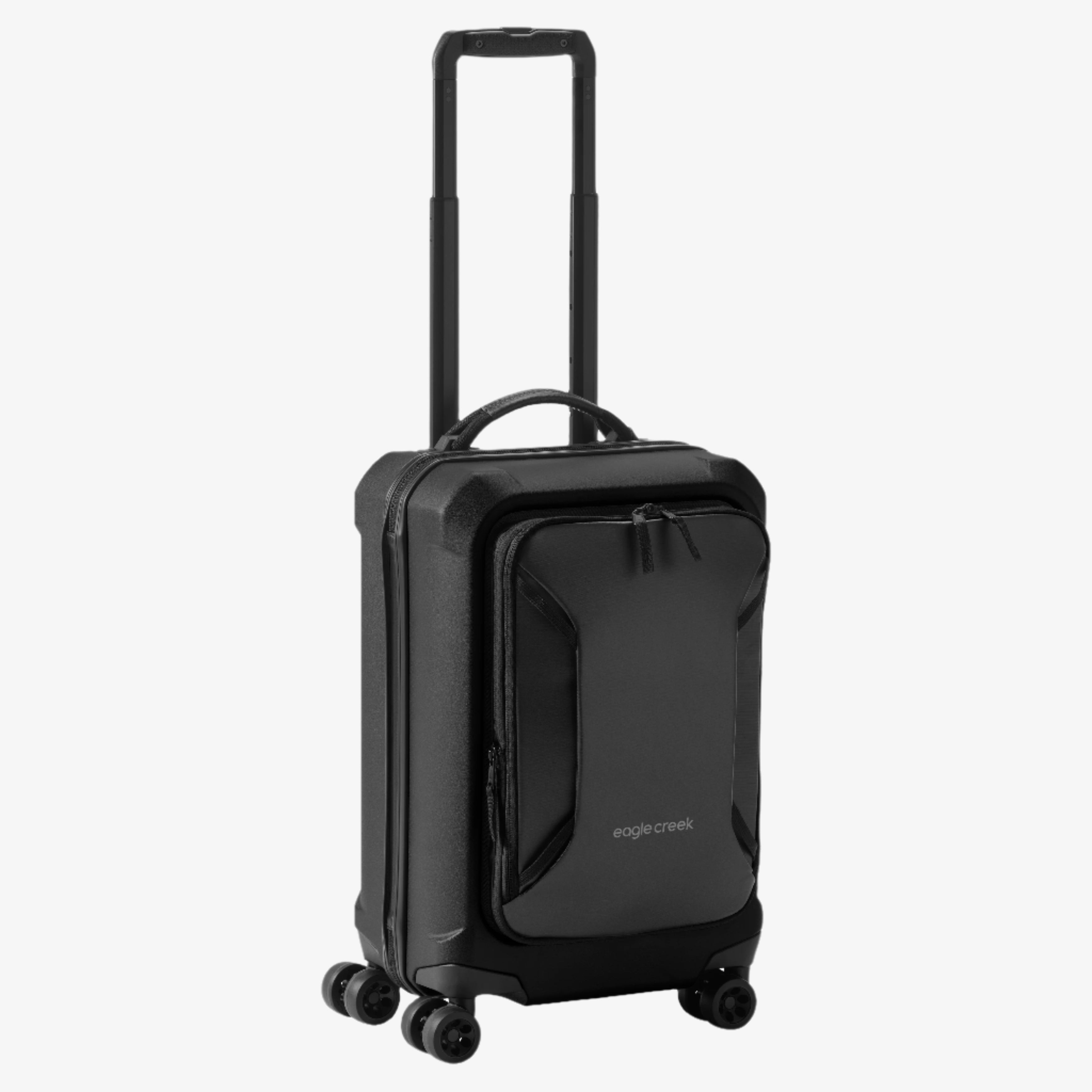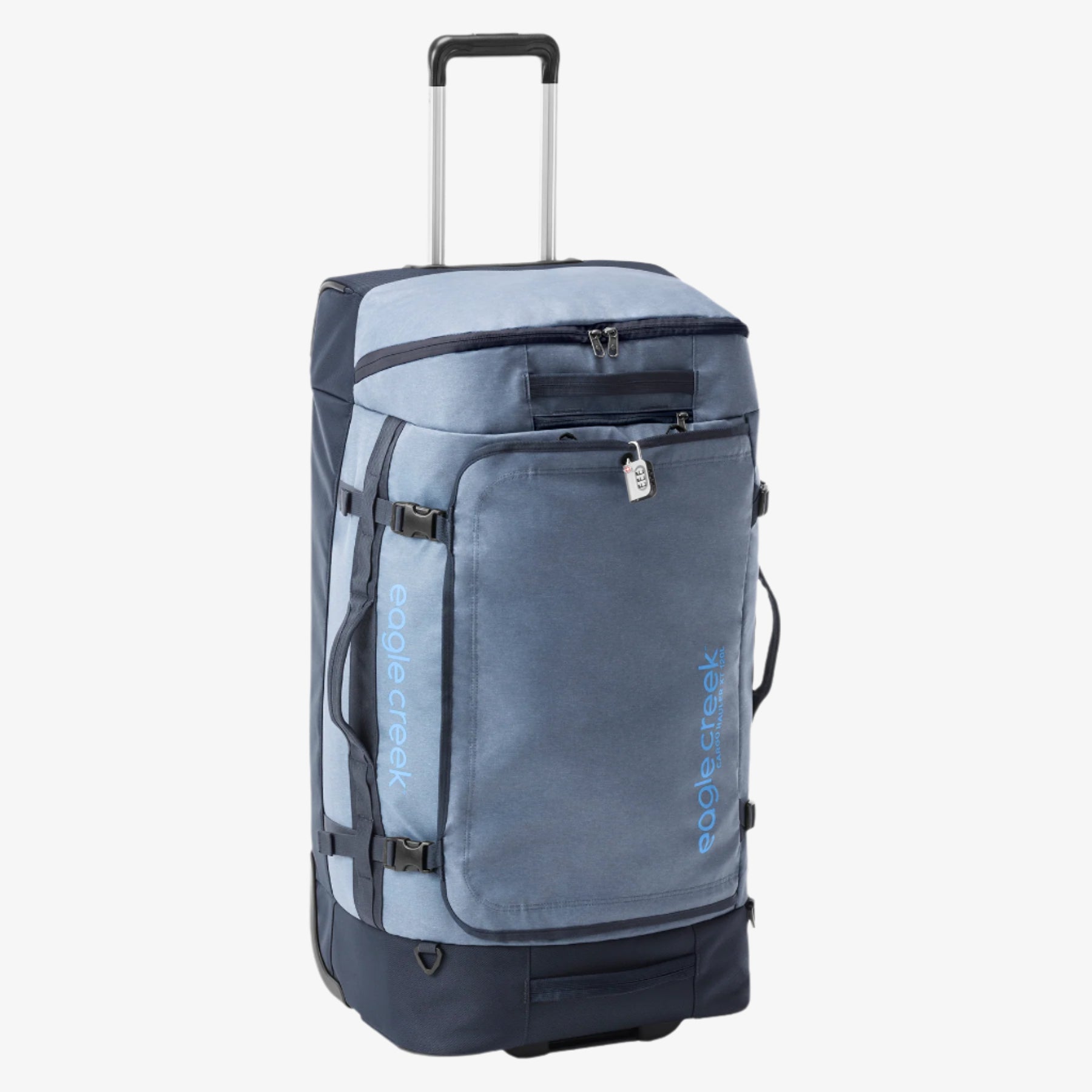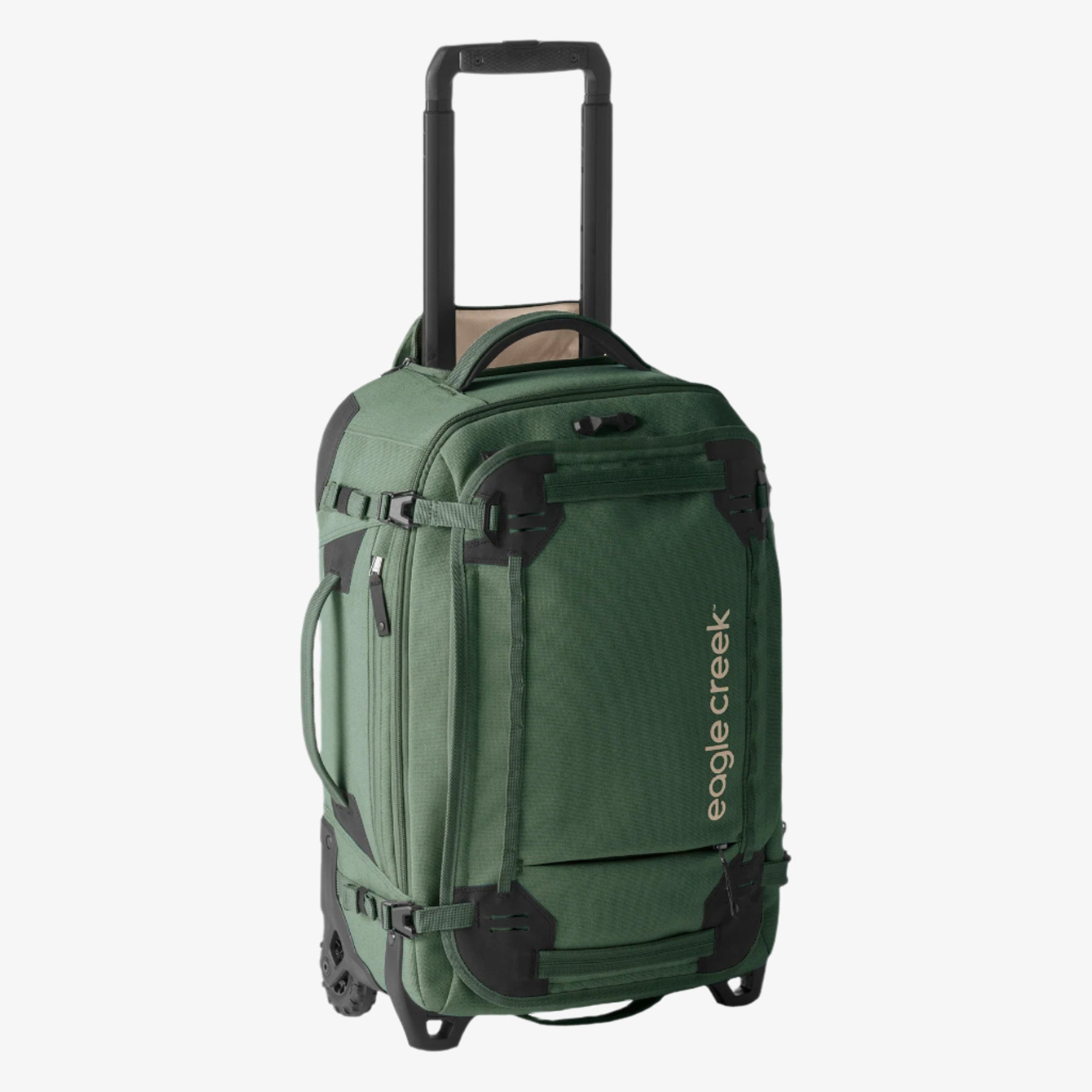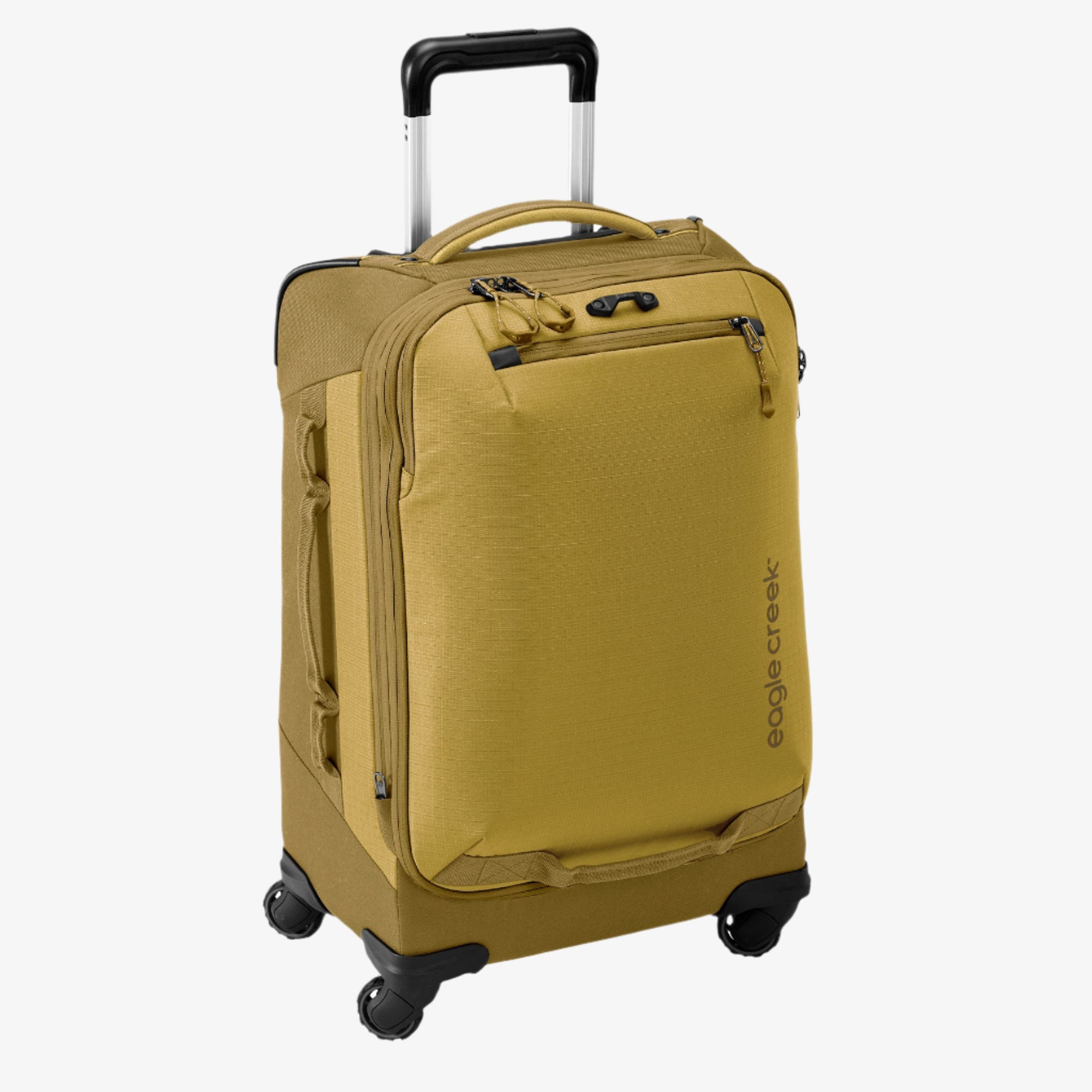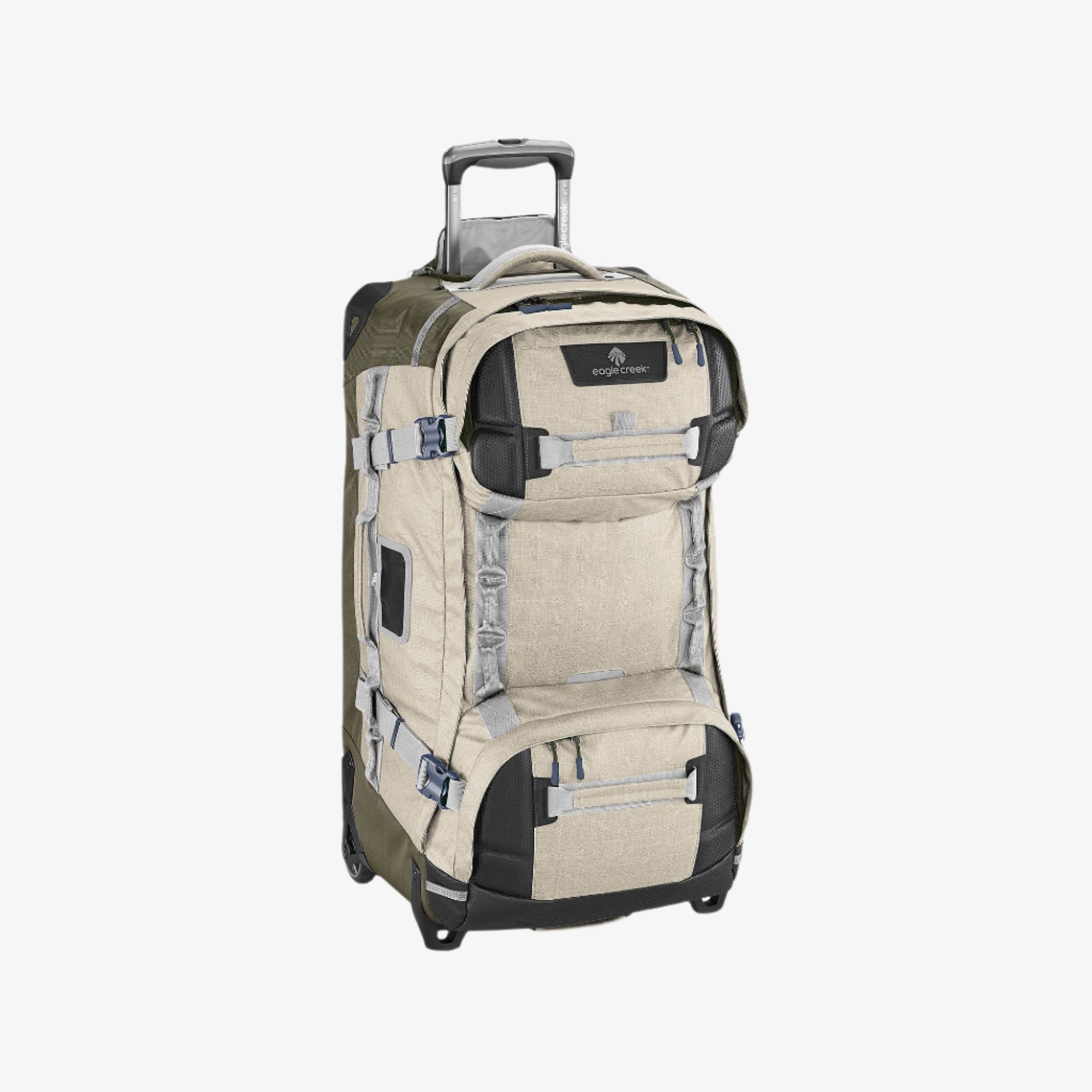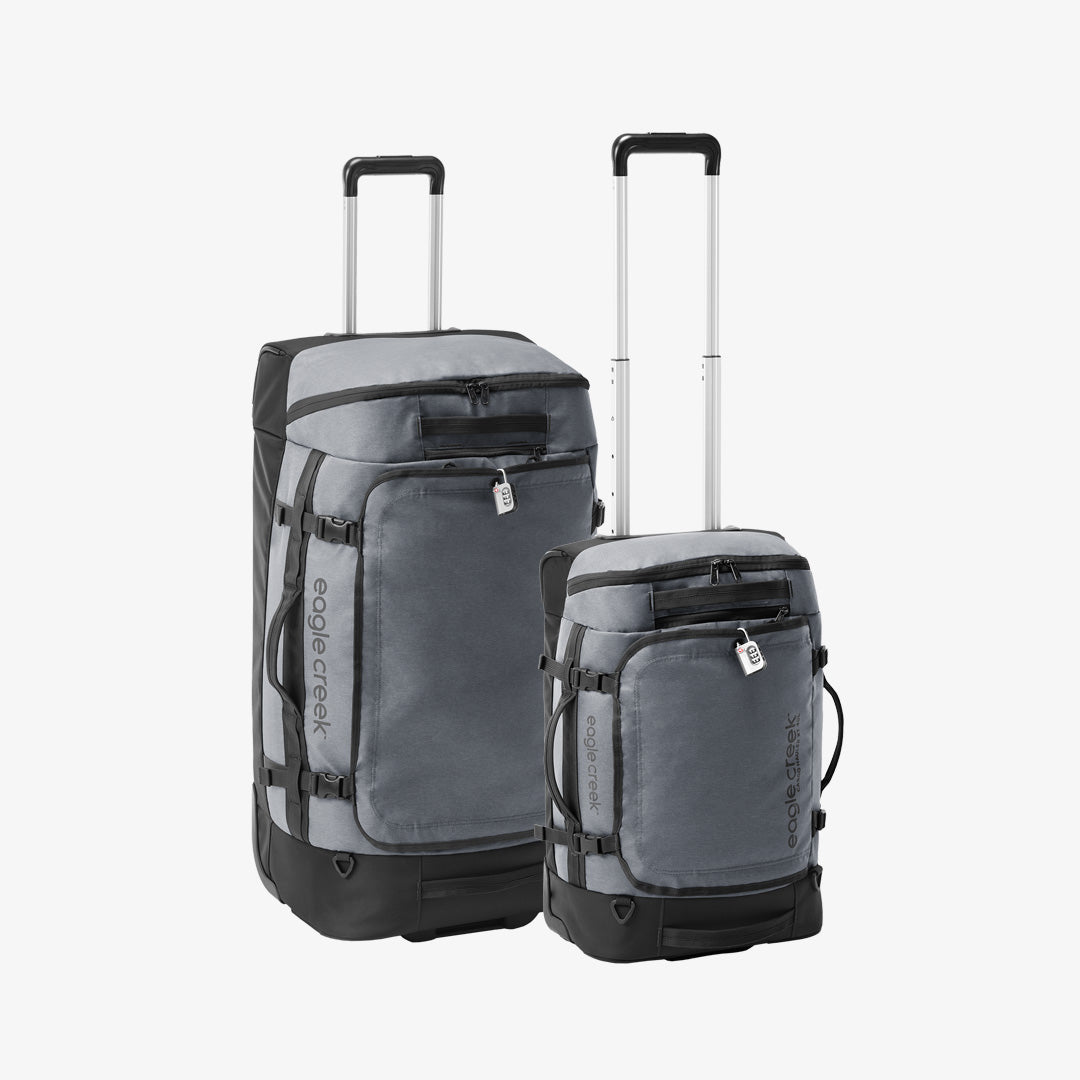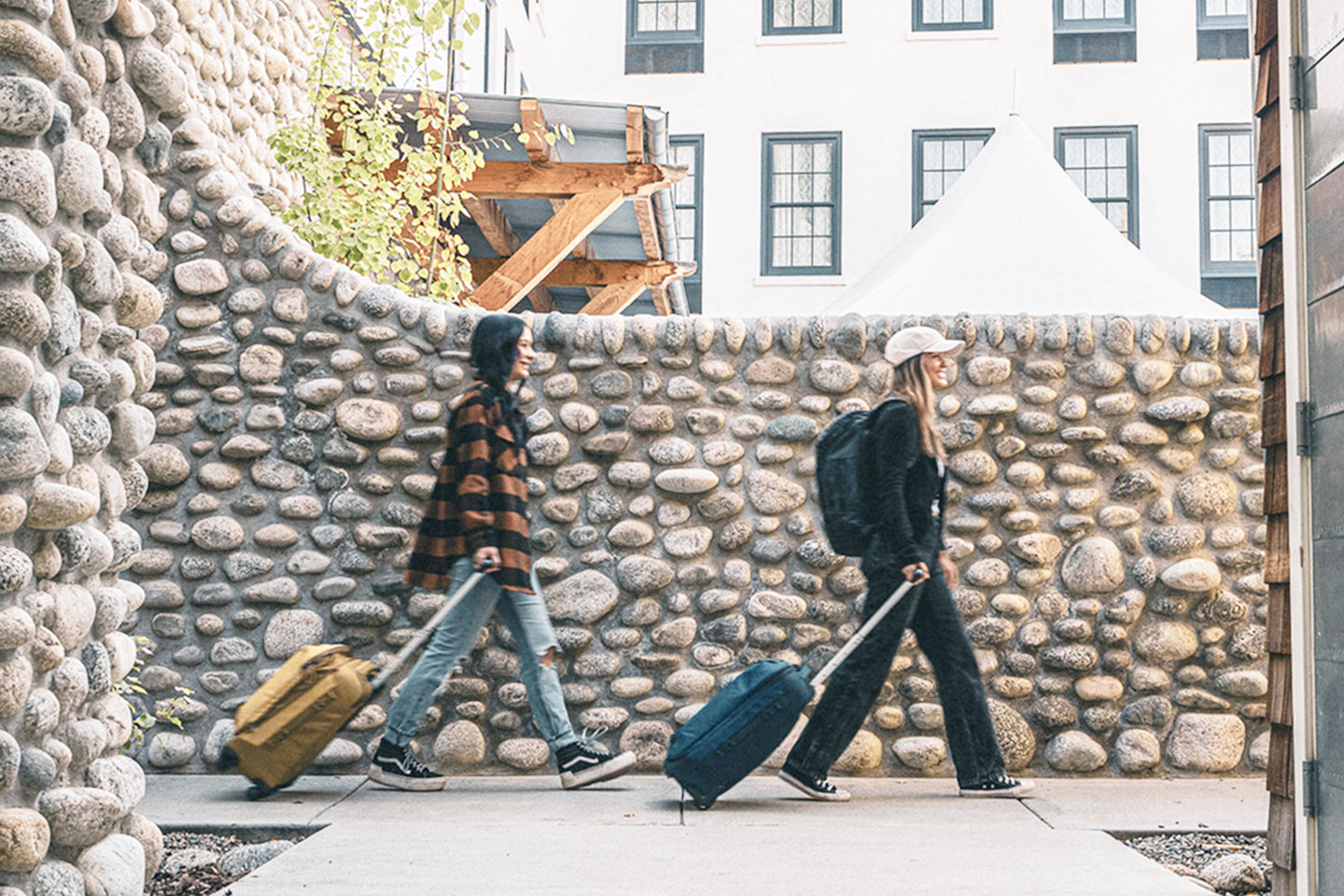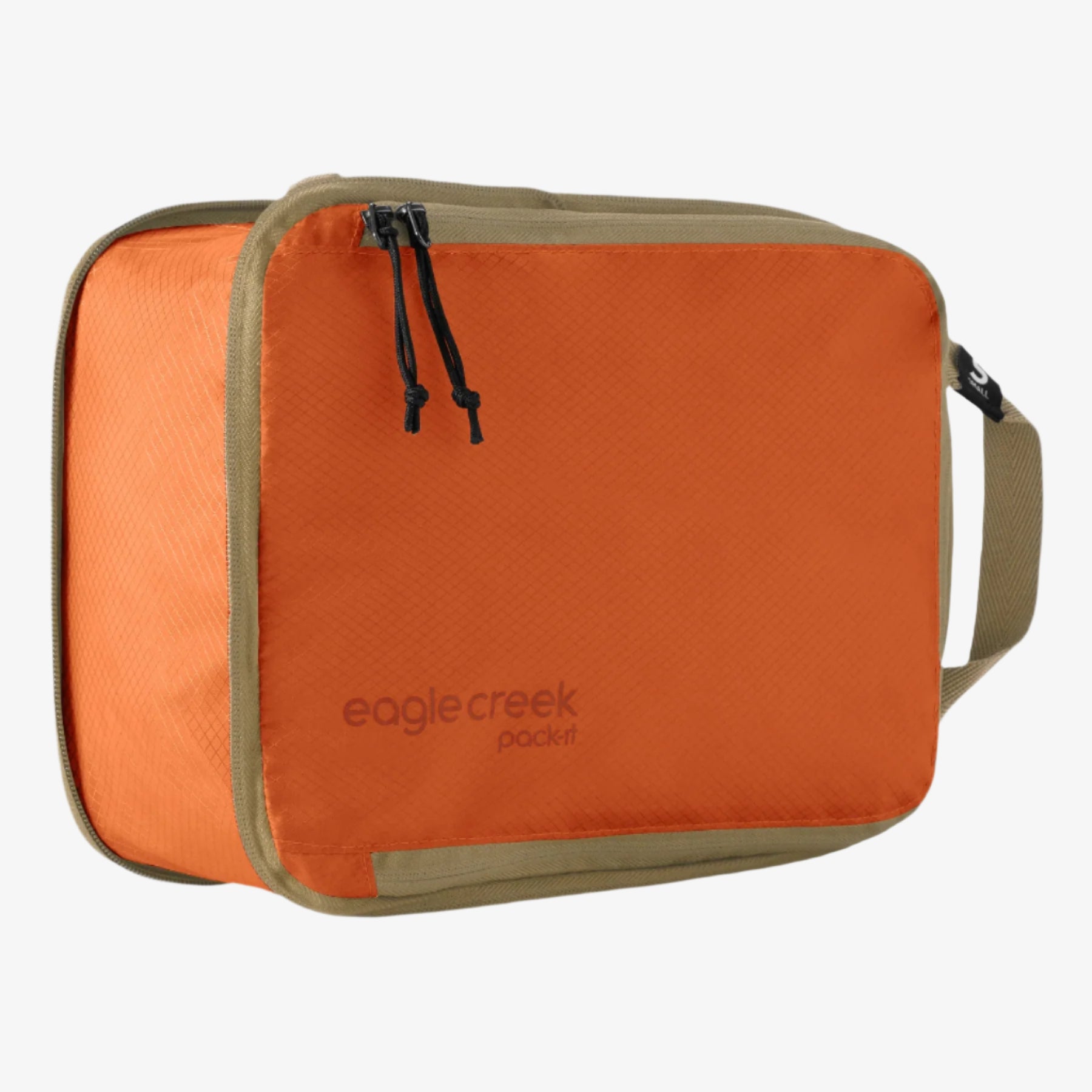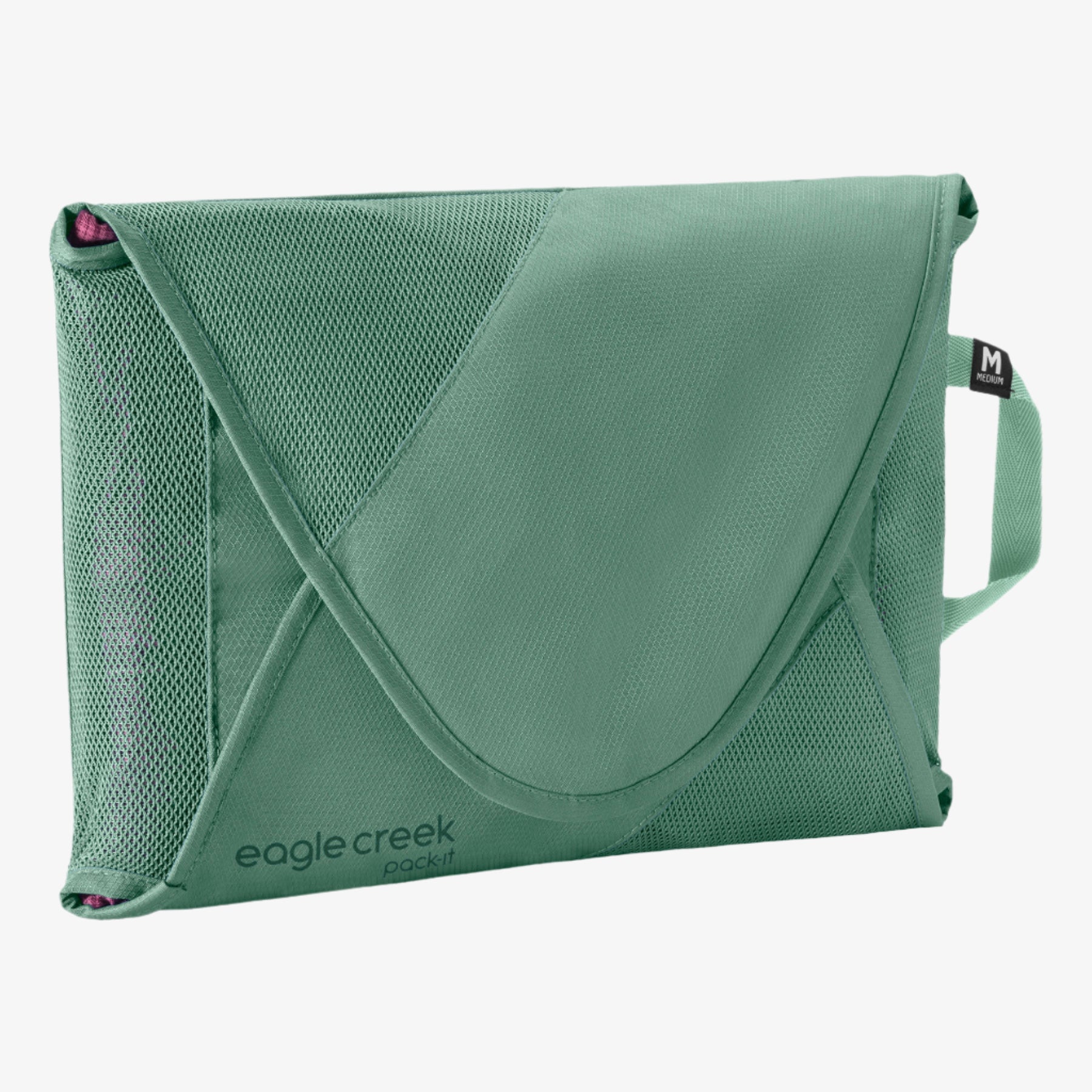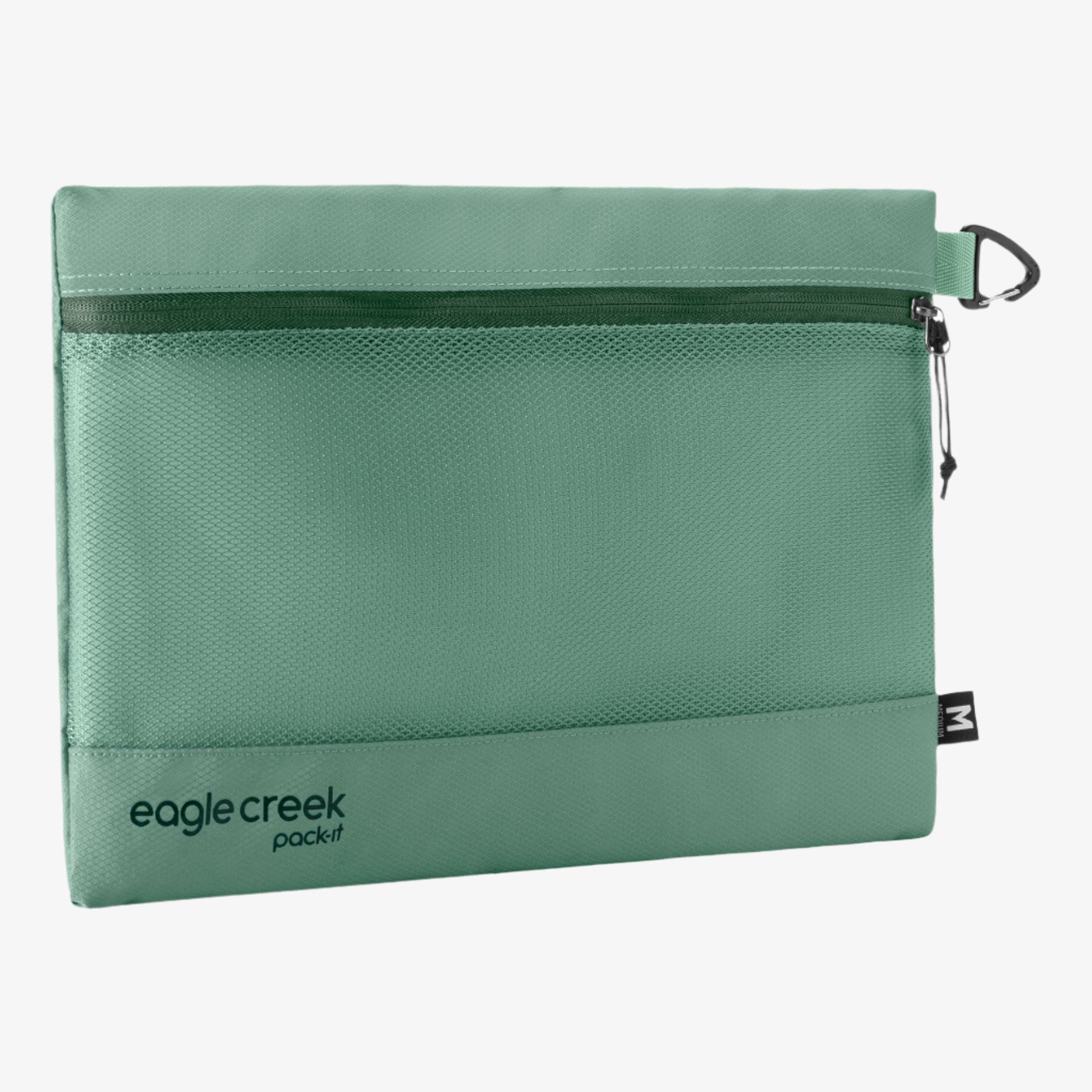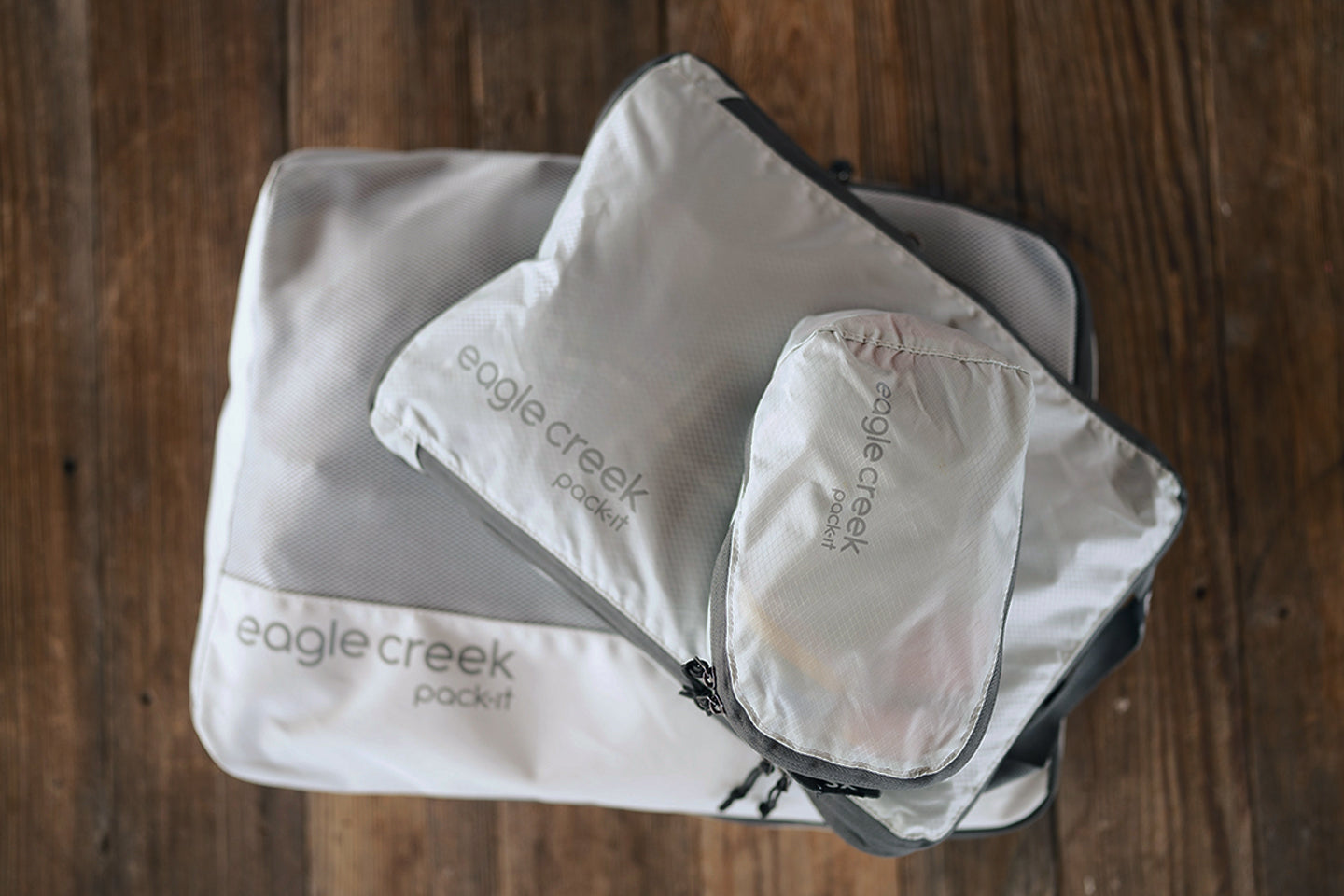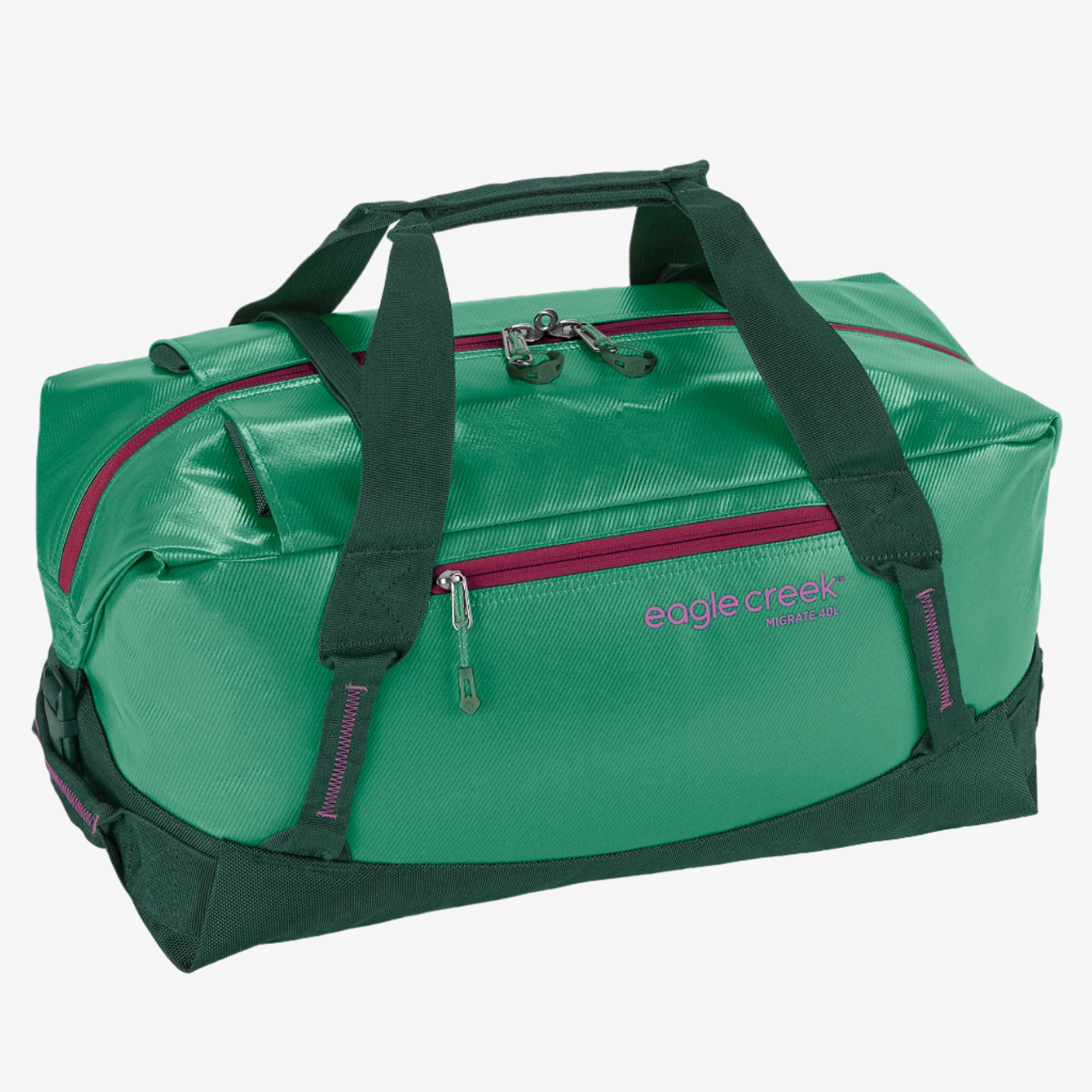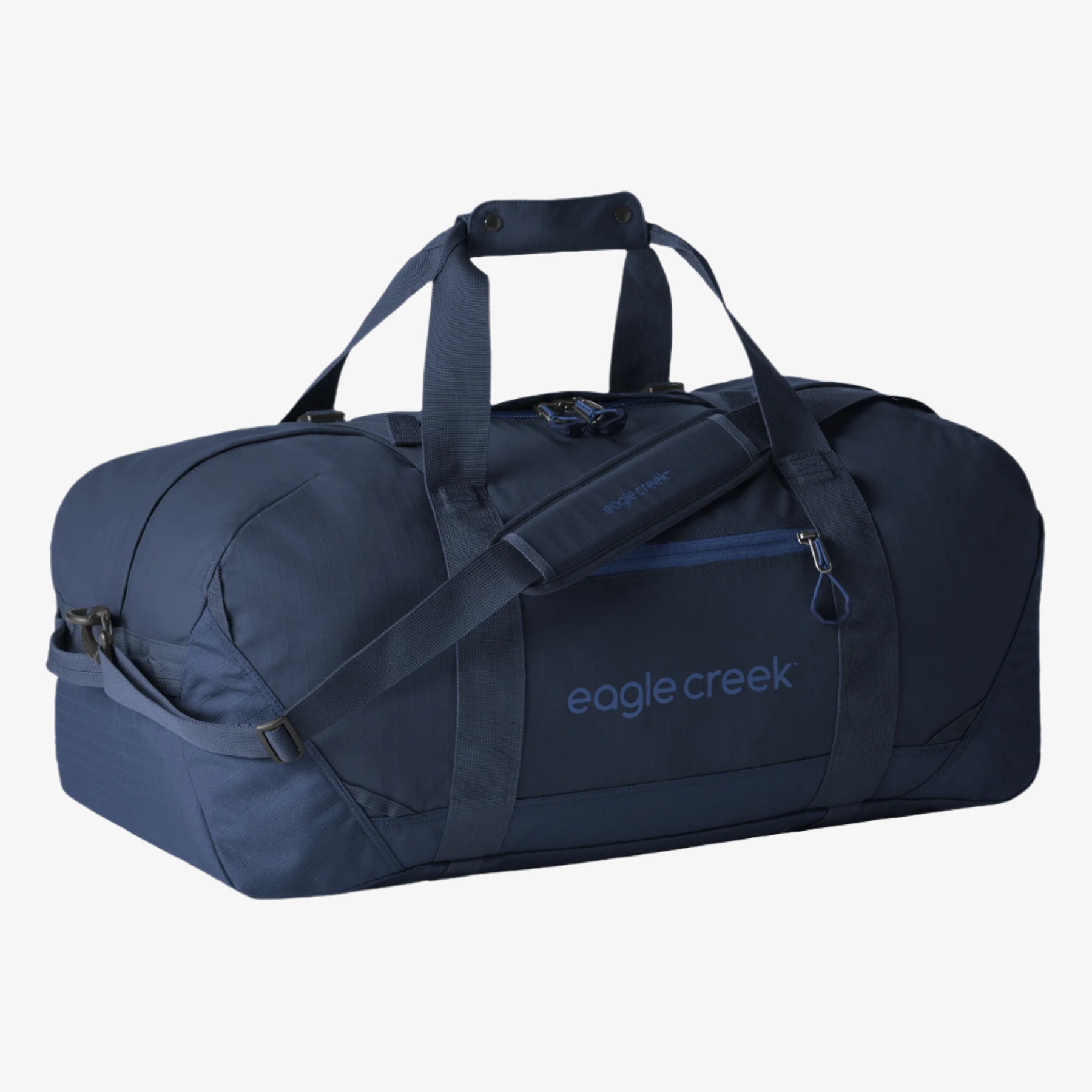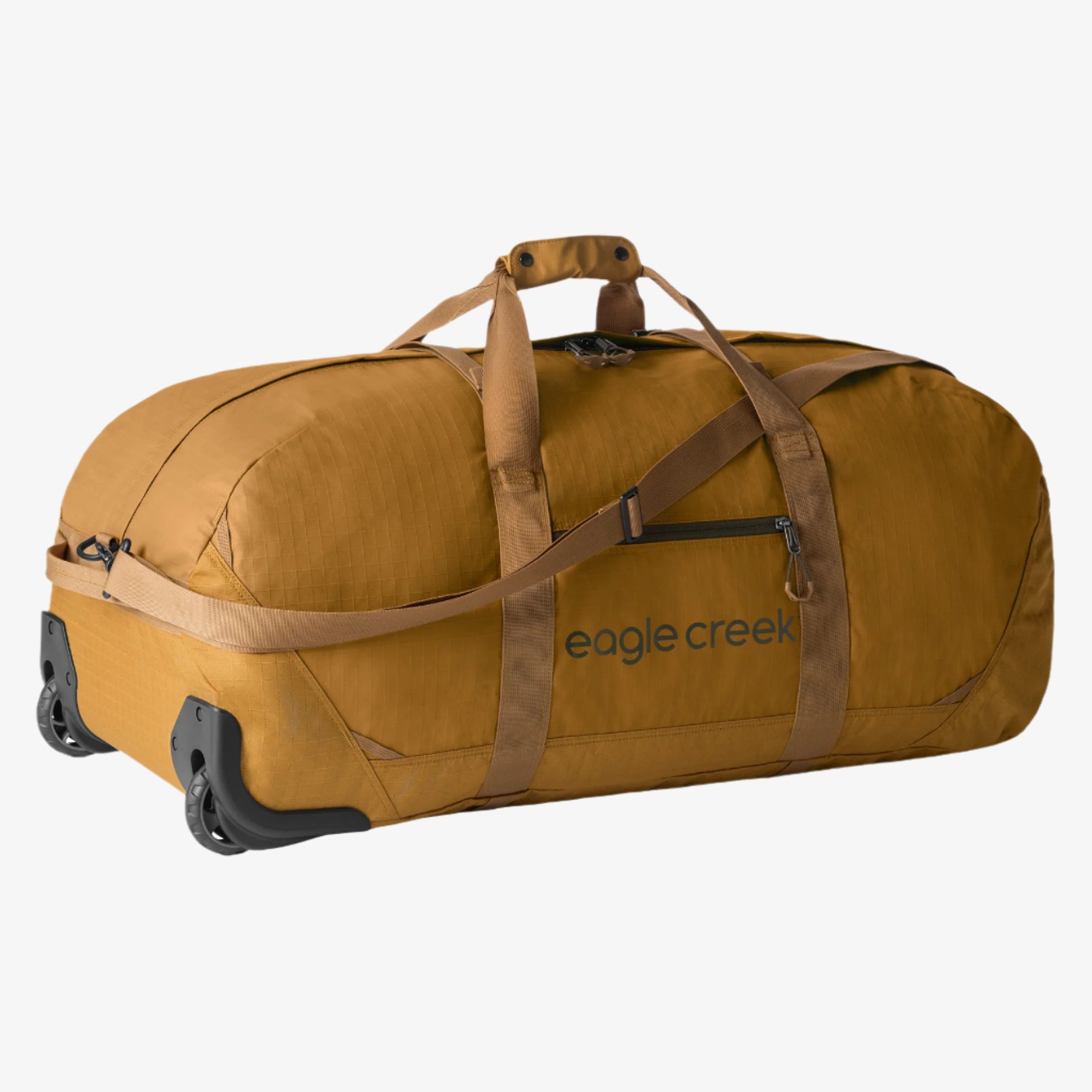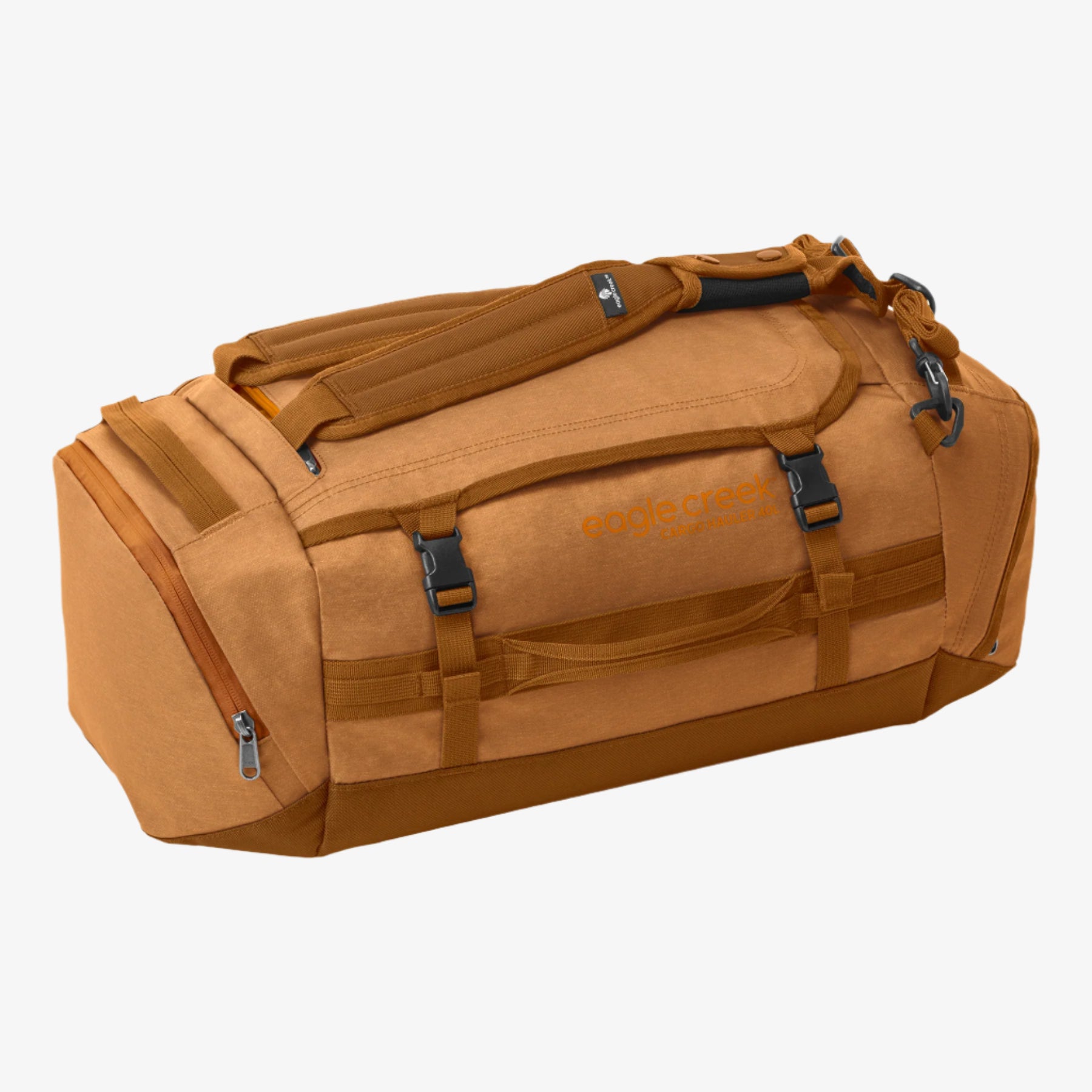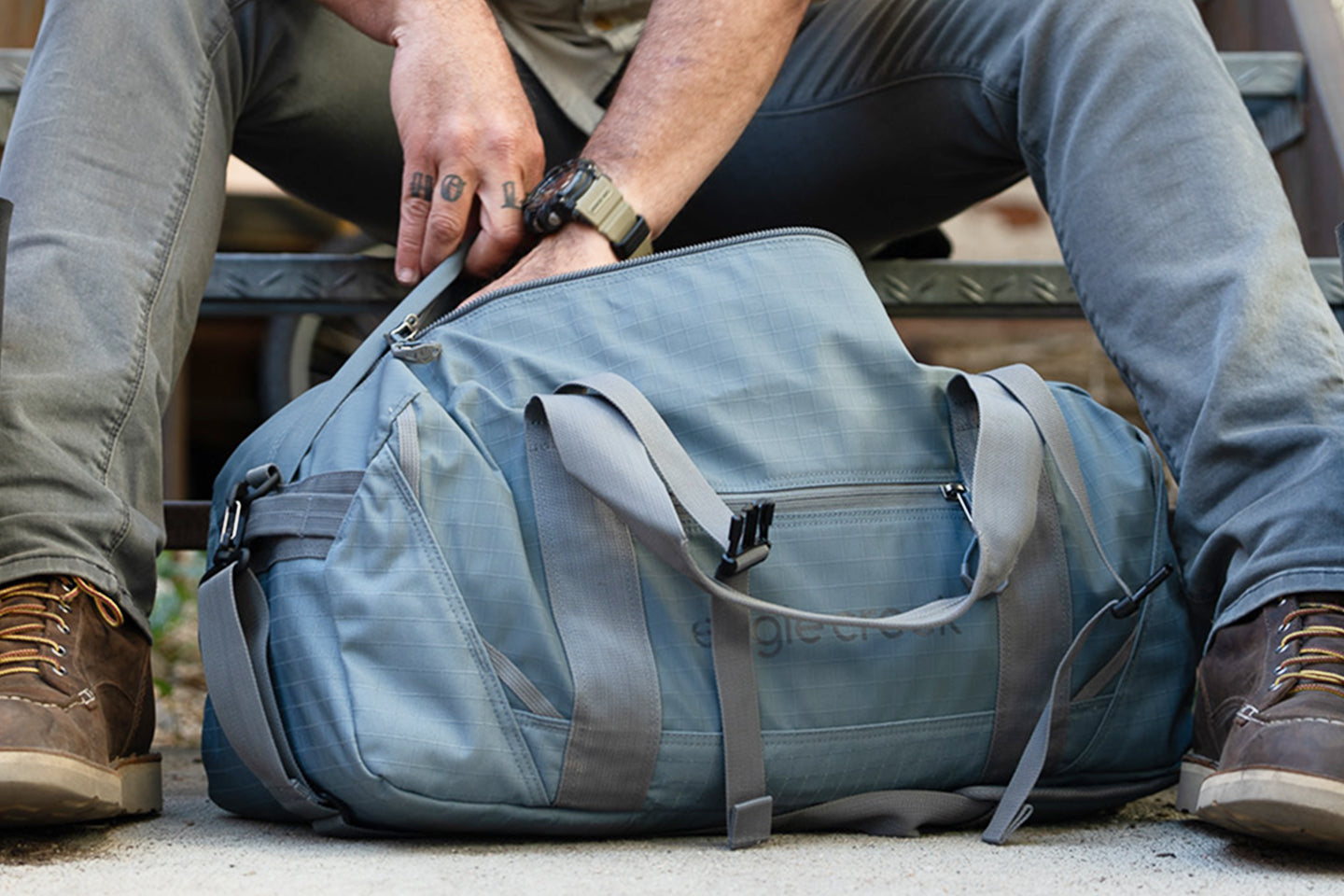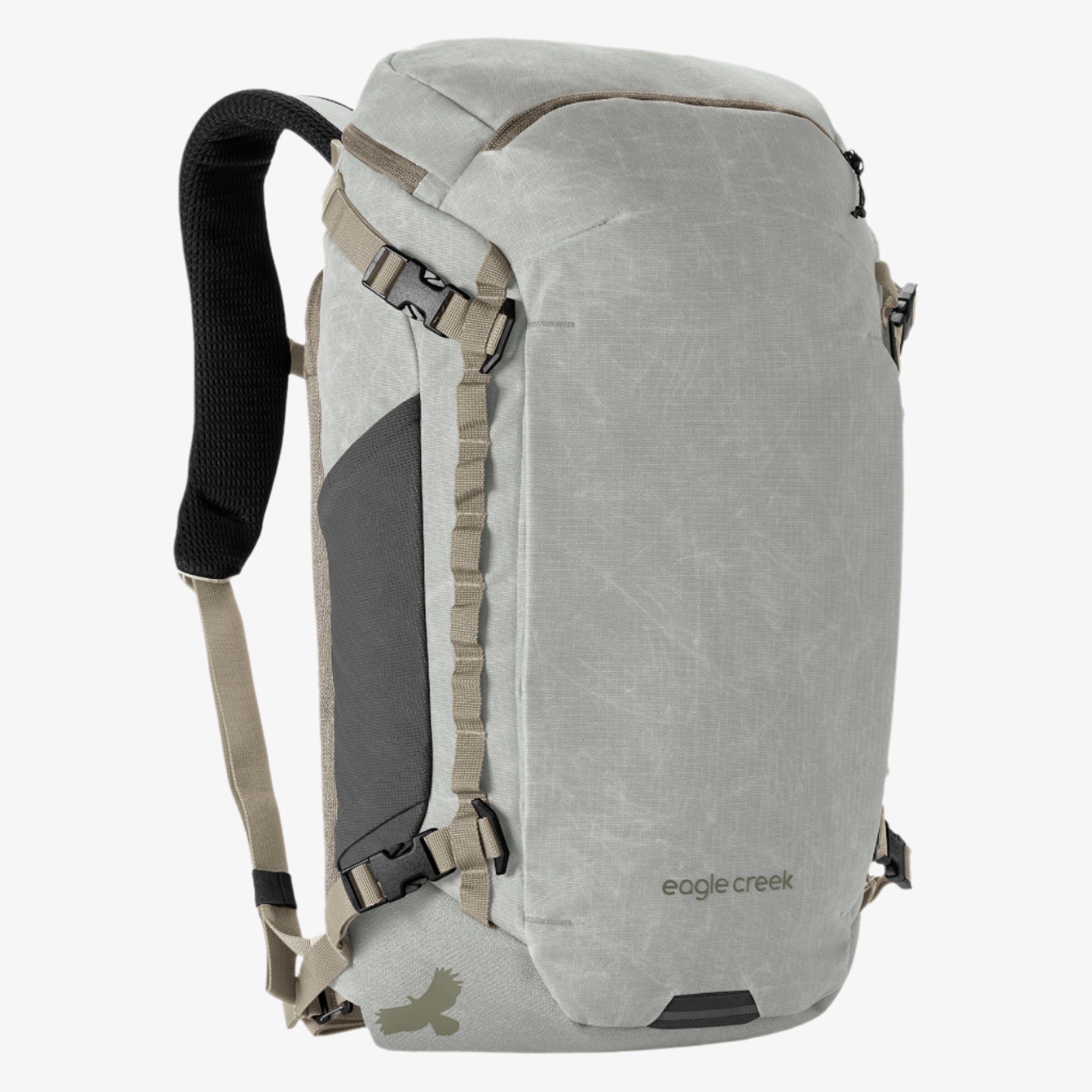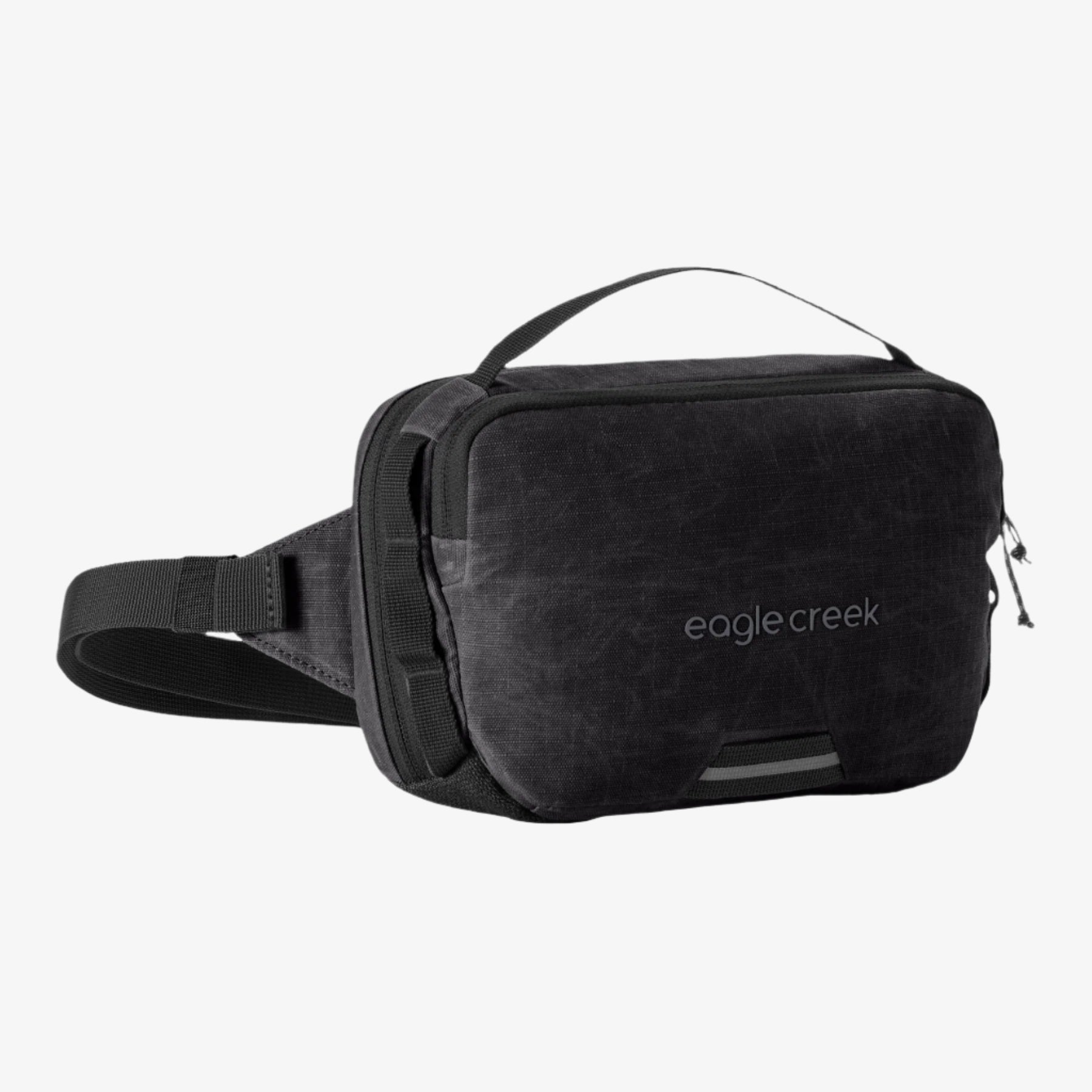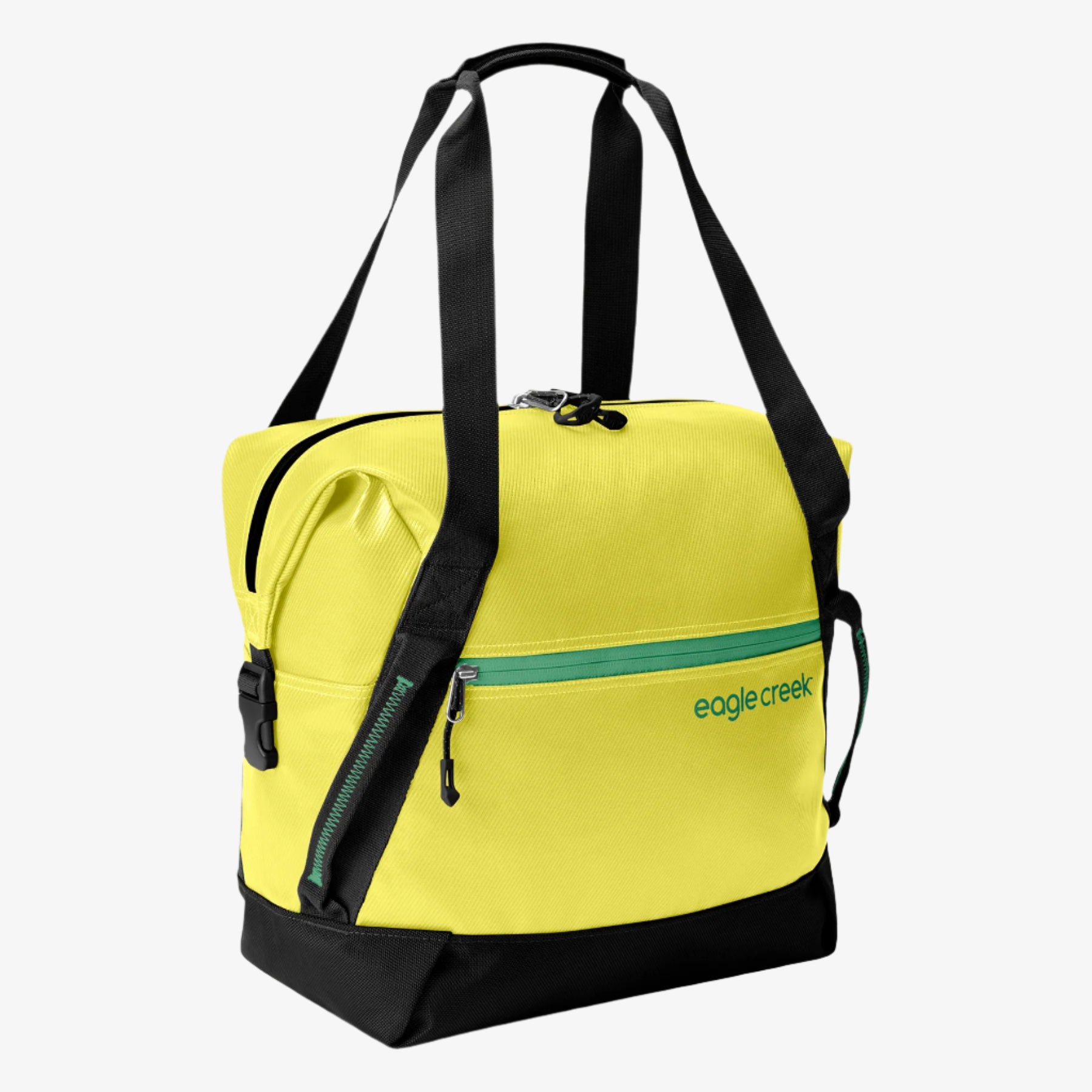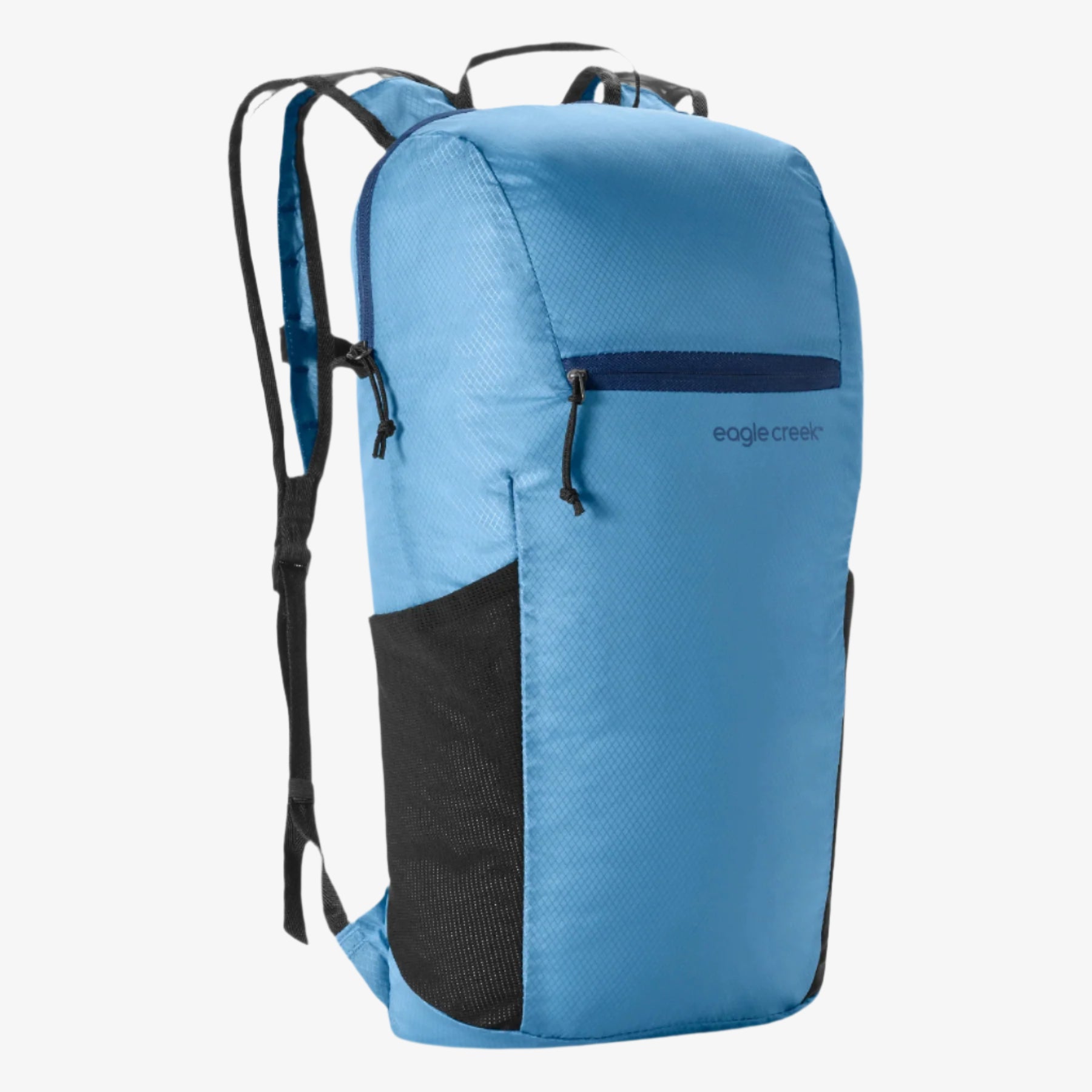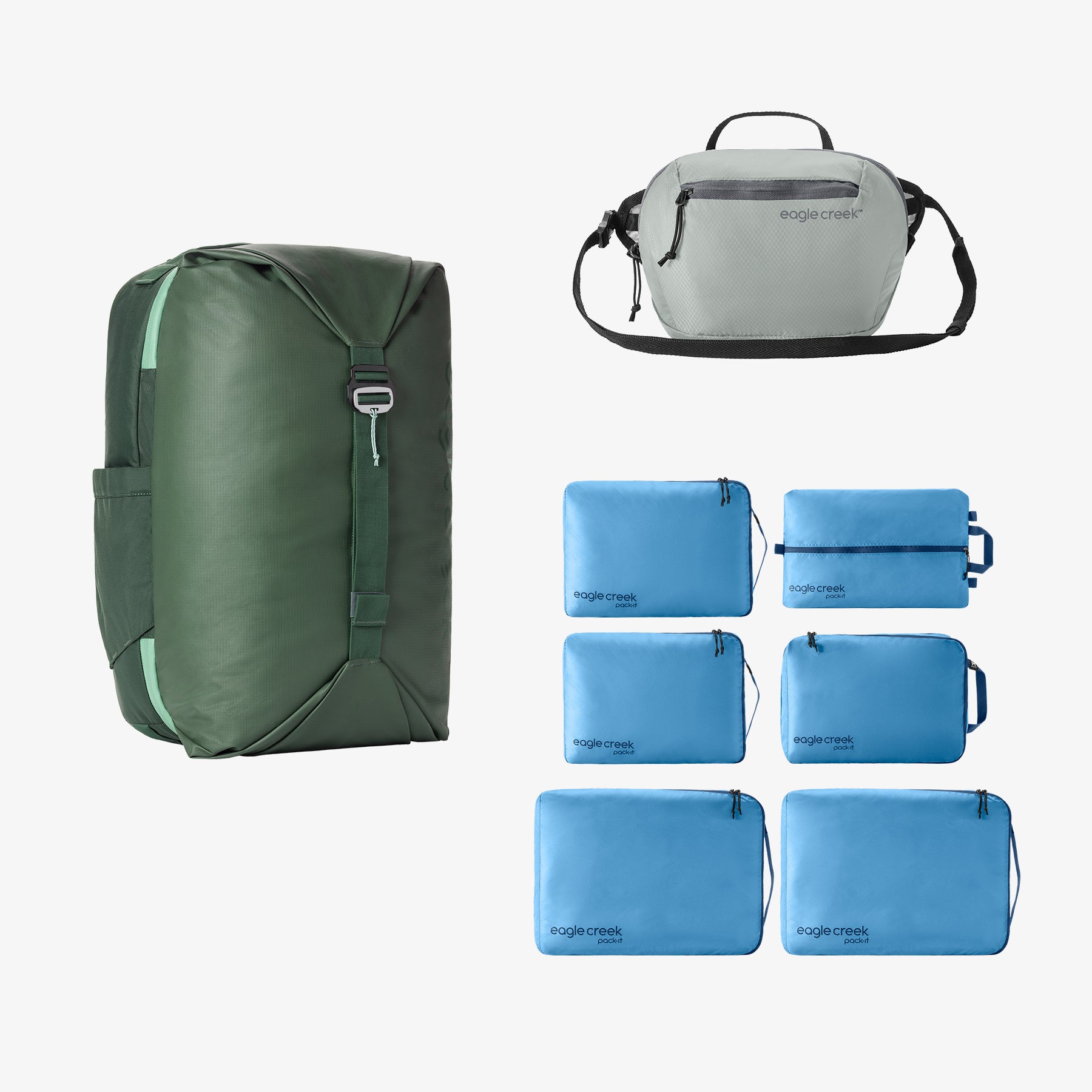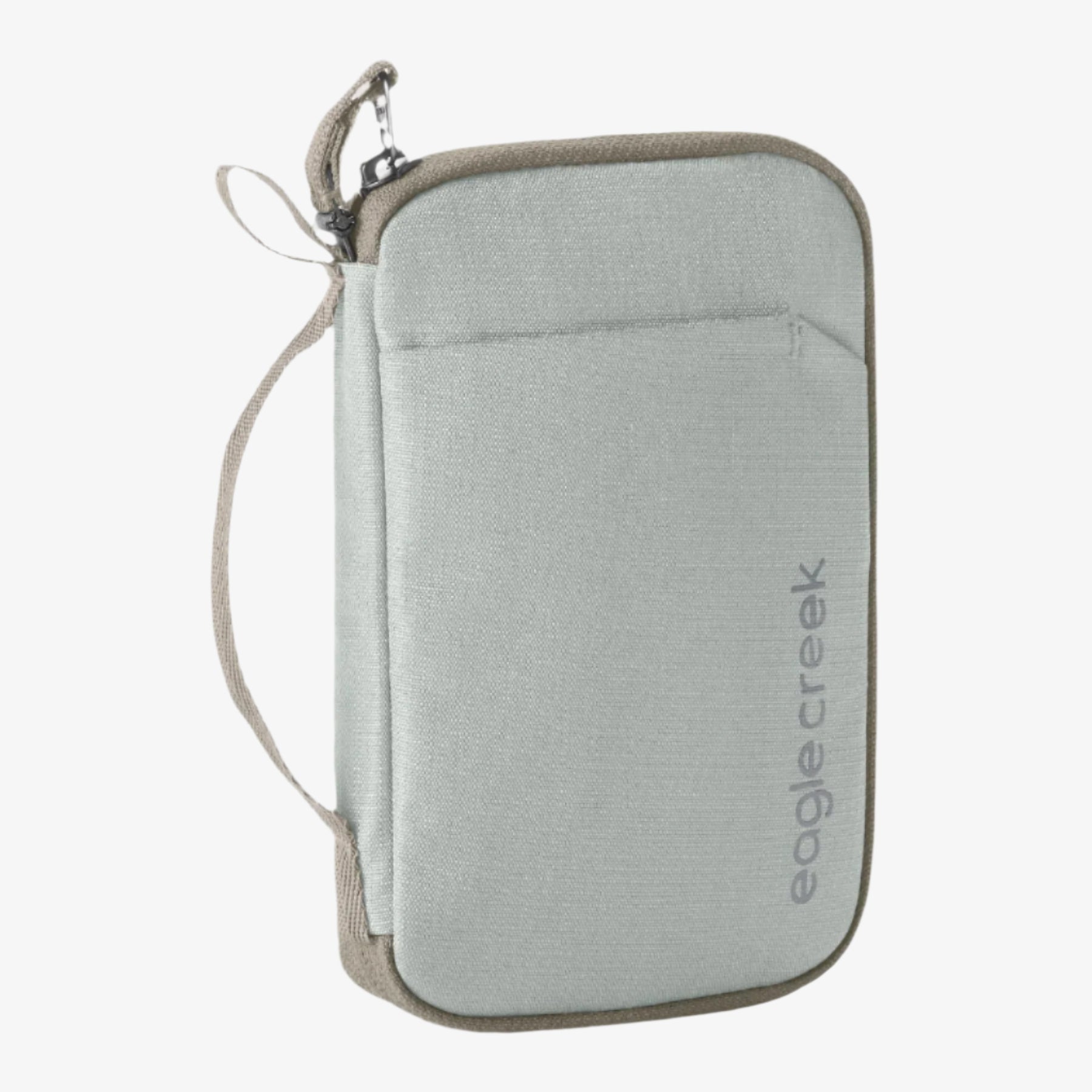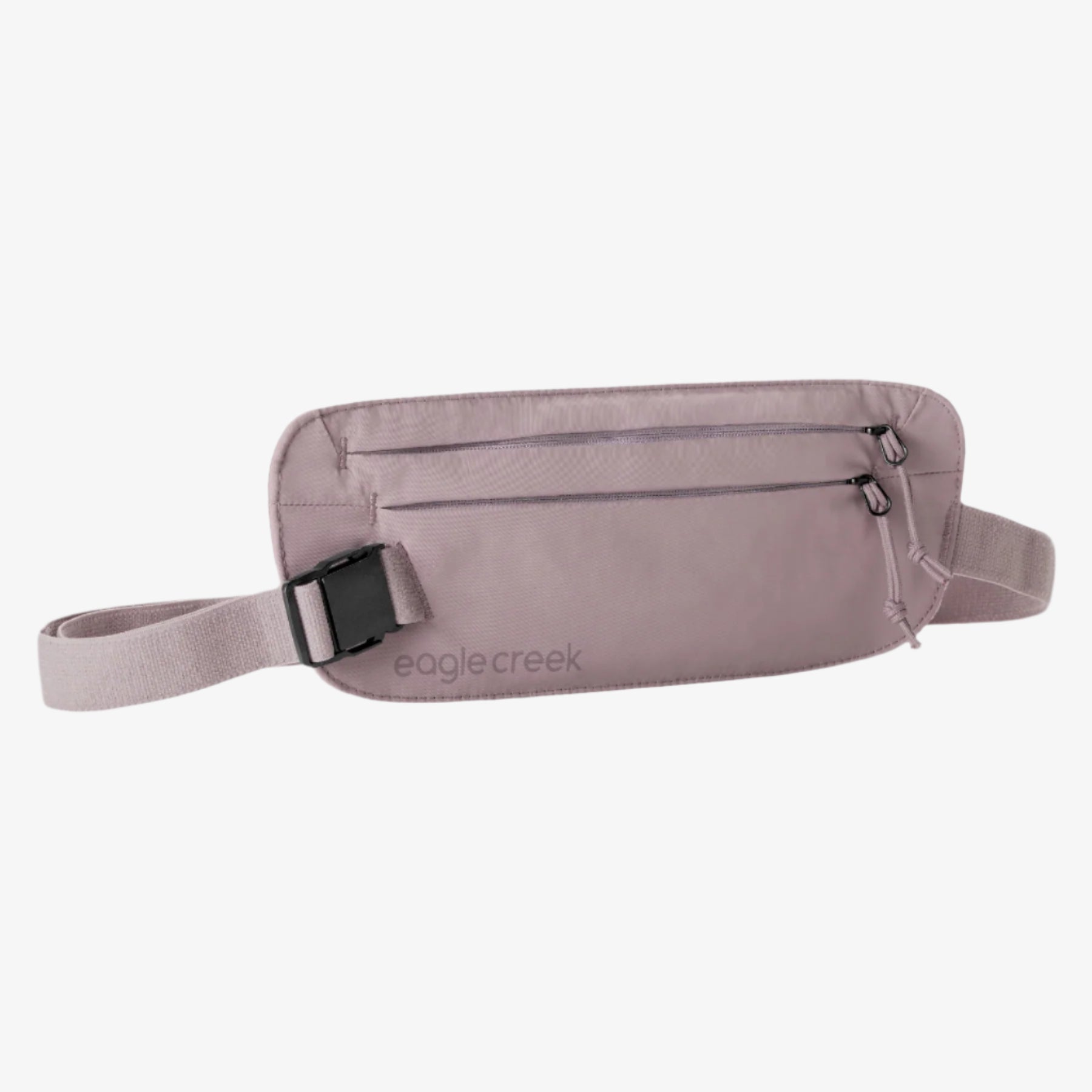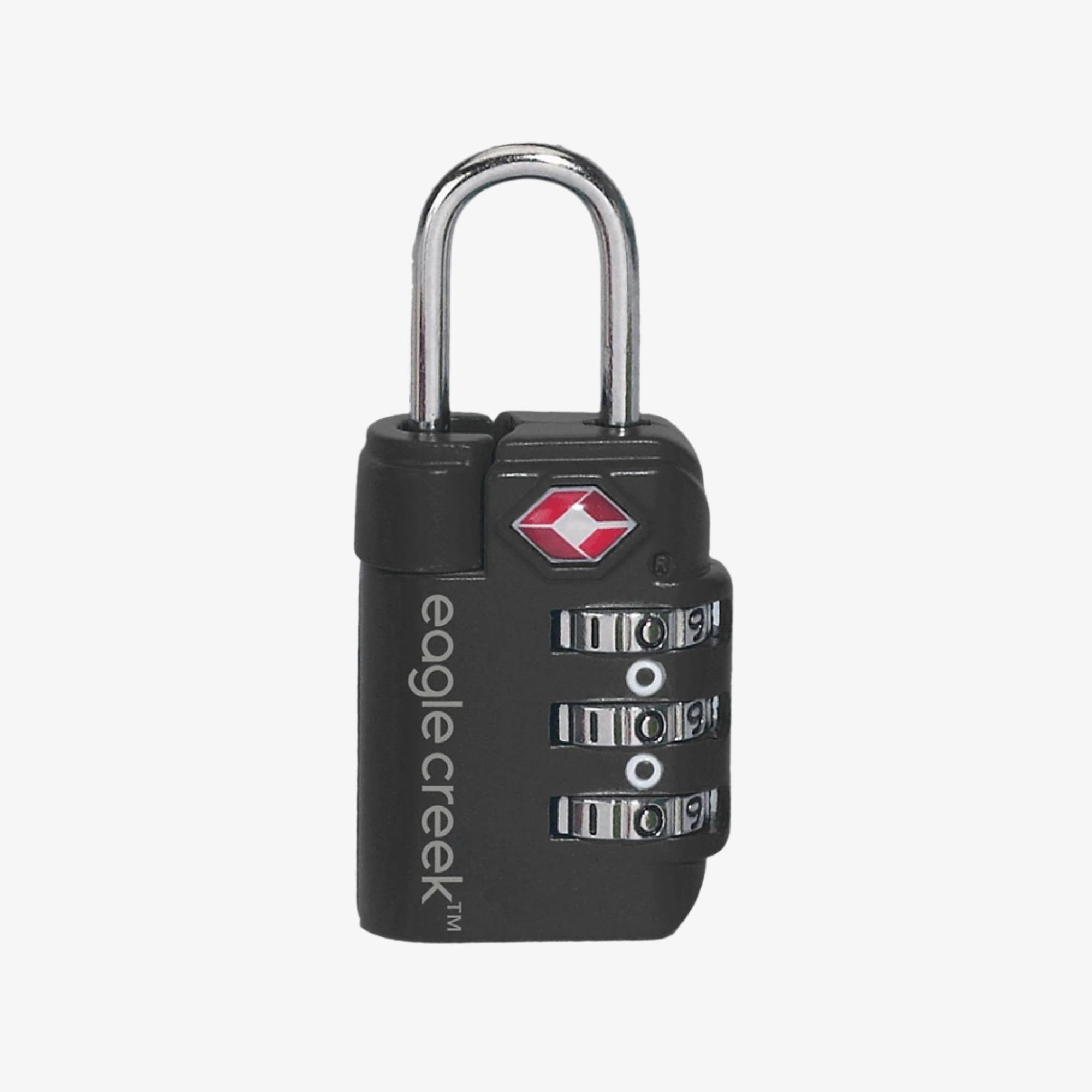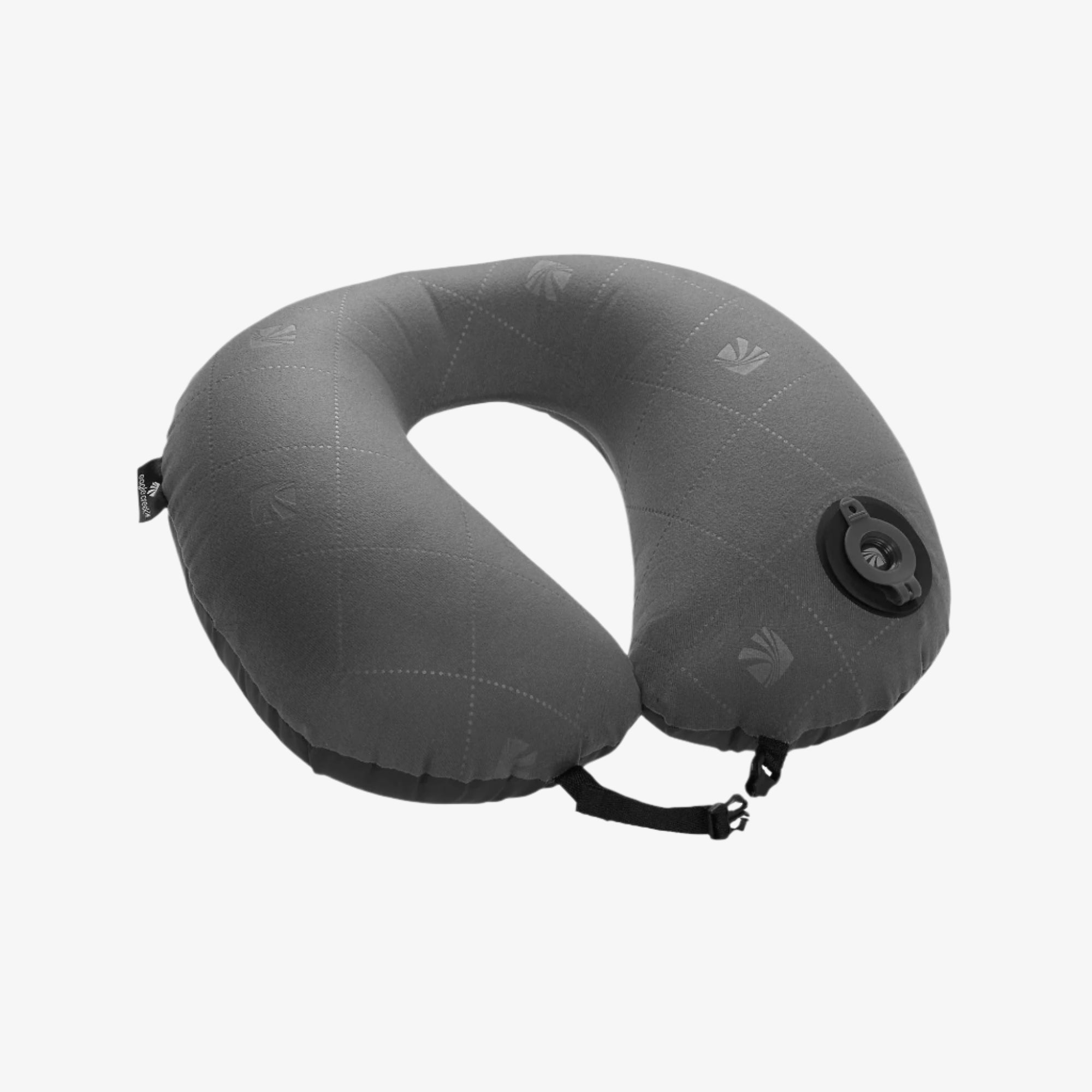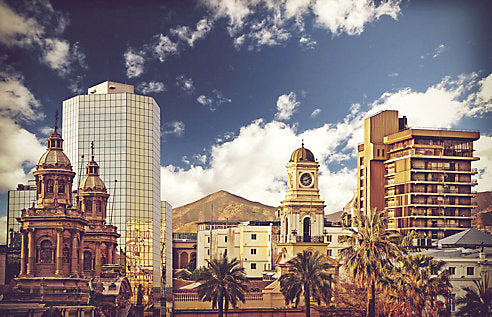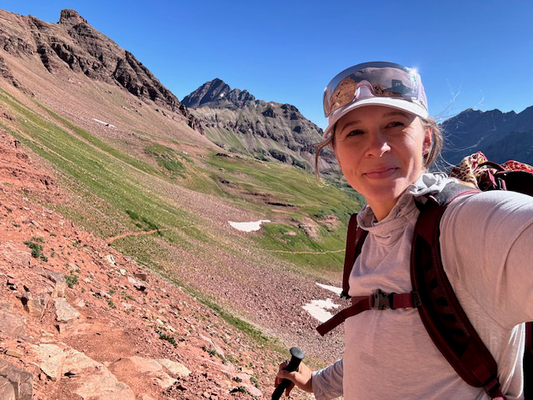How to Travel Safely in Chile

VIOLENT CRIME ISN'T A HUGE PROBLEM IN THE LAND OF EASTER ISLAND AND THE ATACAMA DESERT, BUT PICKPOCKETS AND SCAMS CAN DISRUPT A VACATION IF YOU'RE NOT PREPARED.
Chile attracts nearly three million international visitors each year, and it’s no wonder why: The nation is home to the Atacama Desert, Easter Island, and Torres del Paine National Park. That many tourists, however, also means theft is a risk. It’s worth doing some advance preparation to keep yourself and your belongings safe.
The good news: Violent crime is not a major problem in Chile. But theft, pickpockets, and scams are a concern, particularly around major metropolitan areas. Knowing how to secure your valuables and avoid standing out as a tourist can help you enjoy a vacation without incident.
Minor crime concerns in Chile
Your biggest concern as a tourist will likely be pickpockets and theft of personal items, especially in larger cities, such as Santiago and Valparaiso. Thieves and muggers value gadgets like cameras, watches, and cell phones, so keep those items out of sight whenever possible. Try to stay under-the-radar by wearing casual-looking clothes in public rather than expensive outfits and nice jewelry. Leave the expensive stuff at home. It’s not worth losing on your travels.
Keep an eye on your belongings at all times, as bags can go missing in busy areas, like restaurants and hotel lobbies. If you’re in the country for a while, you might want to purchase an inexpensive local cell phone to avoid having yours taken.
Rental car break-ins occur with some regularity. If you have valuables in your rental vehicle, stash them in the trunk or somewhere else out of view.
Otherwise, basic common sense travel rules apply: Don't wander around alone at night. Avoid impoverished areas. Keep your money and passport stashed away with a money belt, hidden pocket, or neck wallet.
While violent crime rates are generally low in Chile, the U.S. Department of State cautions that political demonstrations are fairly common, and they can occasionally result in violent clashes. If you see a demonstration taking place, consider heading back to your hotel or at least moving away from the area.
Safety in taxis and interacting with police
Scams are not rampant in Chile, but as in many nations, opportunistic taxi drivers sometimes greatly overcharge unsuspecting tourists. Be sure to grab an official basic taxi, which is black with a yellow hood. Ensure that the meter is working and have small bills ready in case a driver “doesn’t have change.”
Some tourists have had personal items stolen from them through open windows while sitting in cabs, so remain vigilant and keep valuables hidden even while riding in a taxi.
If you are the victim of a scam, you can feel confident approaching Chilean police; they have a reputation for being principled and honest. For that reason, if you are stopped by police, don't even think about trying to bribe an officer. Unlike some Latin American countries, Chile has zero tolerance for bribery.
Other dangers and safety tips
Aside from crime, a lesser but still valid safety concern in Chile is Mother Nature. Chile typically experiences at least one earthquake of Richter-scale magnitude 6.0 or greater every year. The March 2015 eruption of the Villarrica volcano 400 miles south of Santiago forced the evacuation of 4,000 people.
Water can also be a concern in Chile. Some areas of the country are vulnerable to flooding while others are bone dry. If you're heading to the Atacama Desert, one of the country's most popular outdoor attractions, bring plenty of water—after all, it's one of the driest places on earth.
While it's unlikely you'll need to contact the U.S. Embassy in Chile, it can't hurt to have the facility's contact information. The Embassy is located at
Av. Andrés Bello 2800, Las Condes, Santiago, and its phone number is (56-2) 2330-3000.
Finally, look into purchasing travel insurance to cover medical emergencies, damaged baggage, and other unexpected occurrences.
